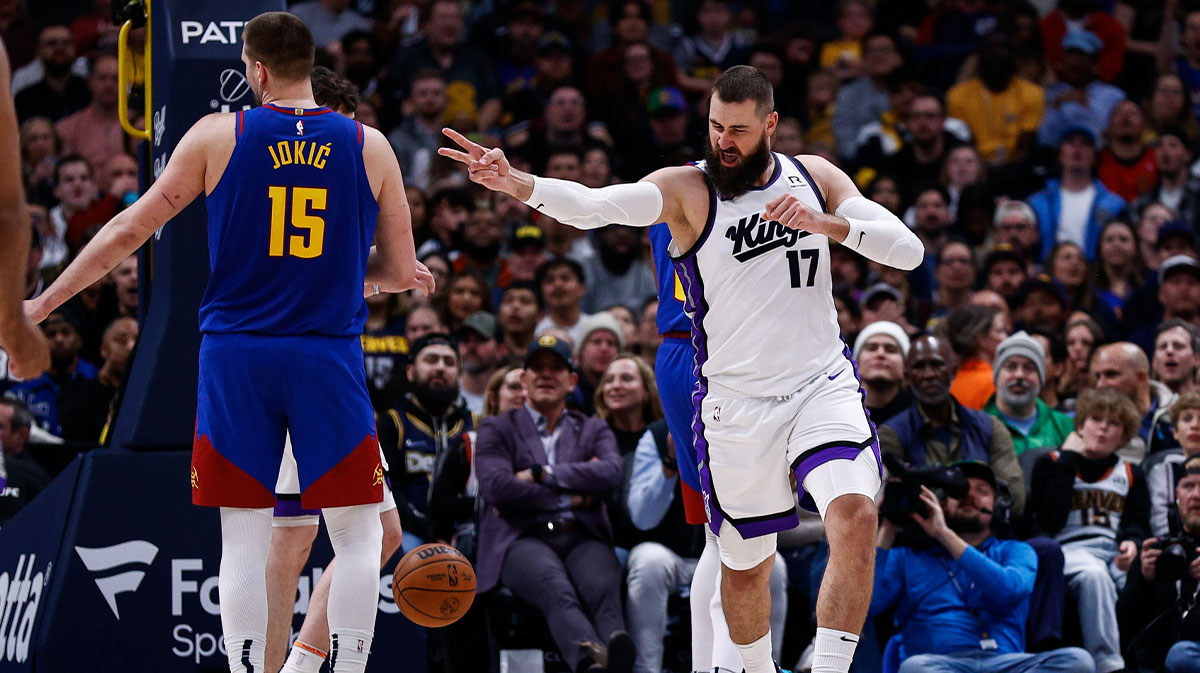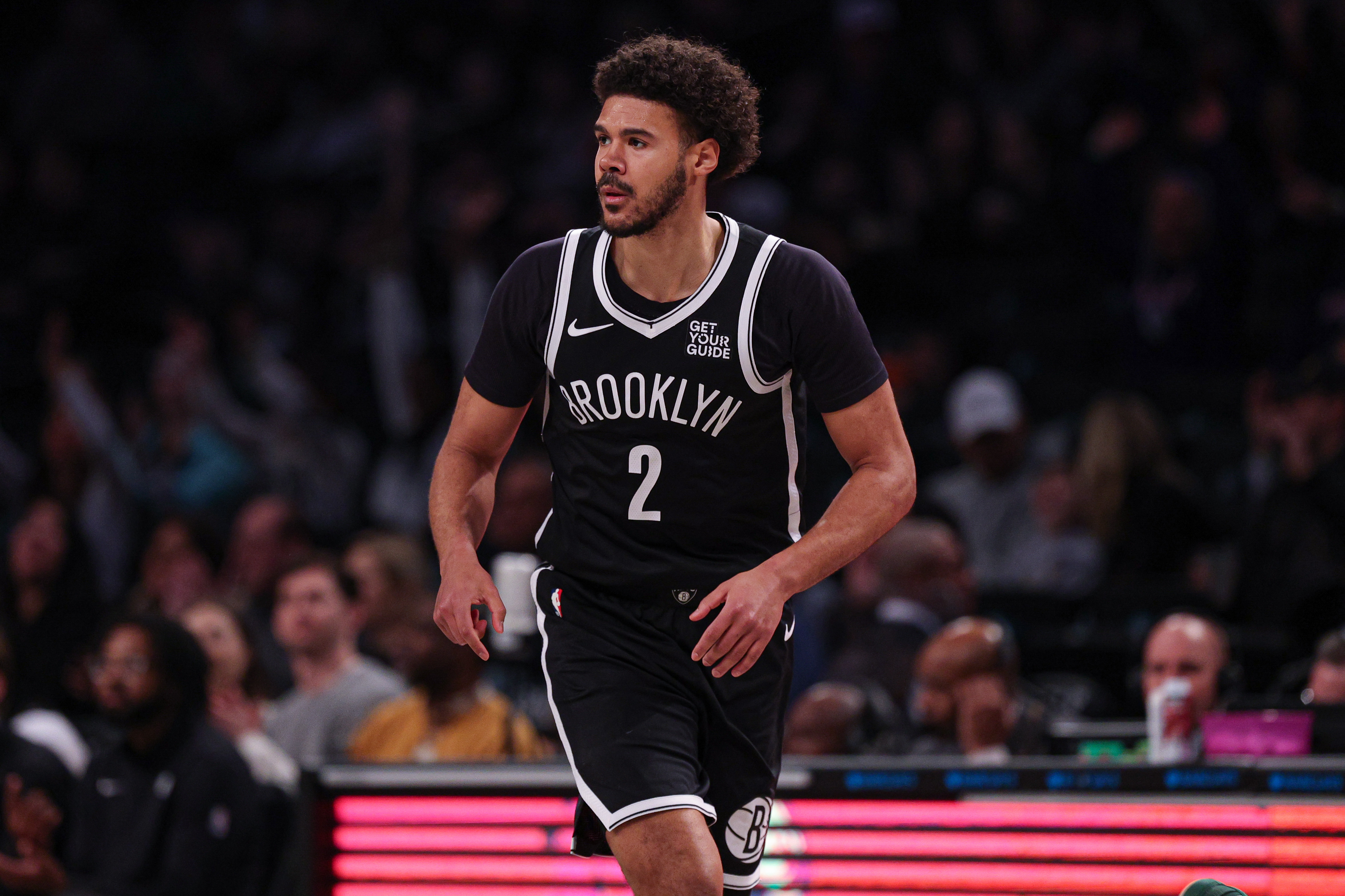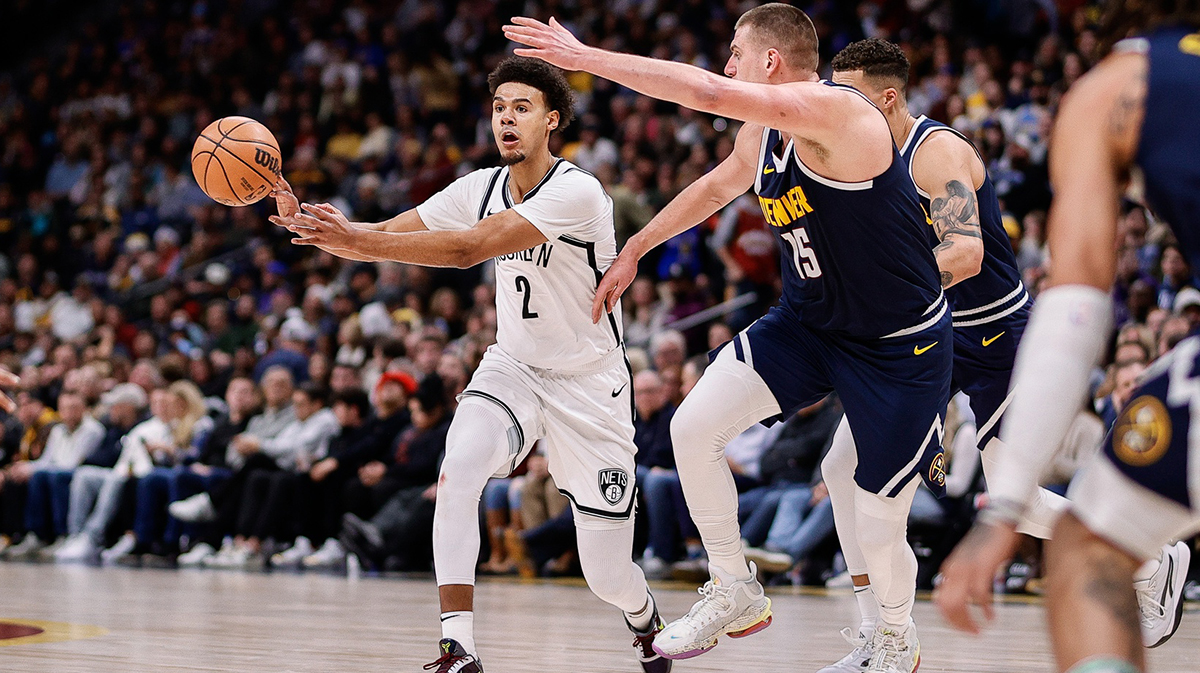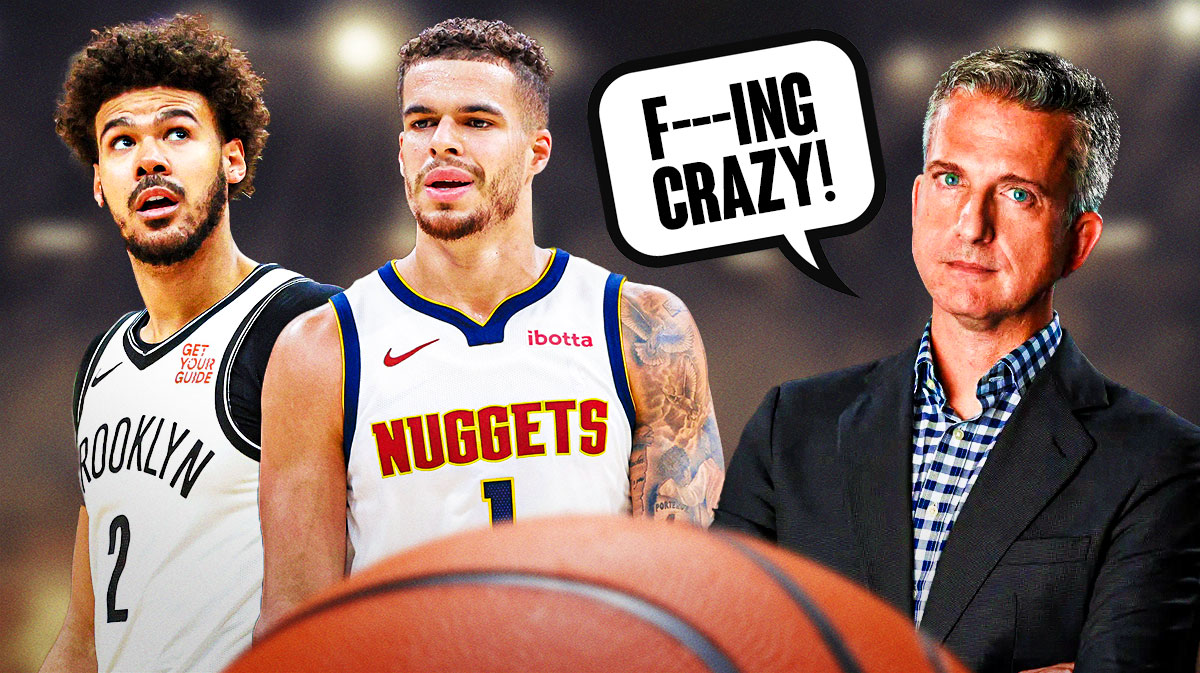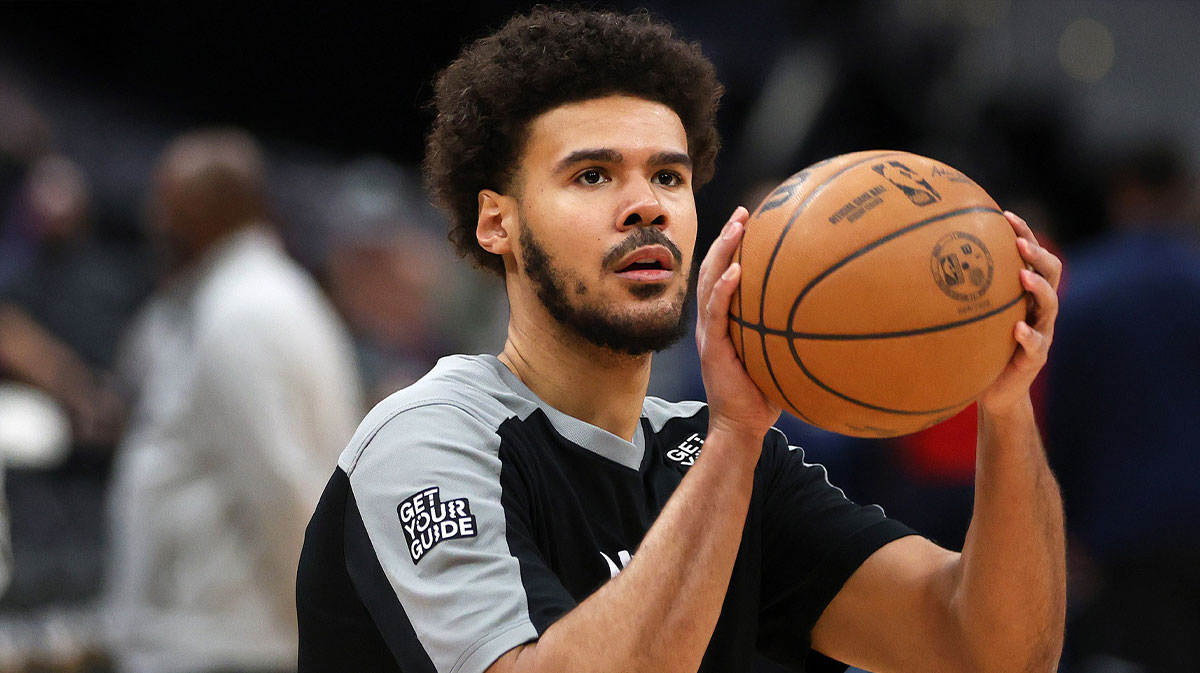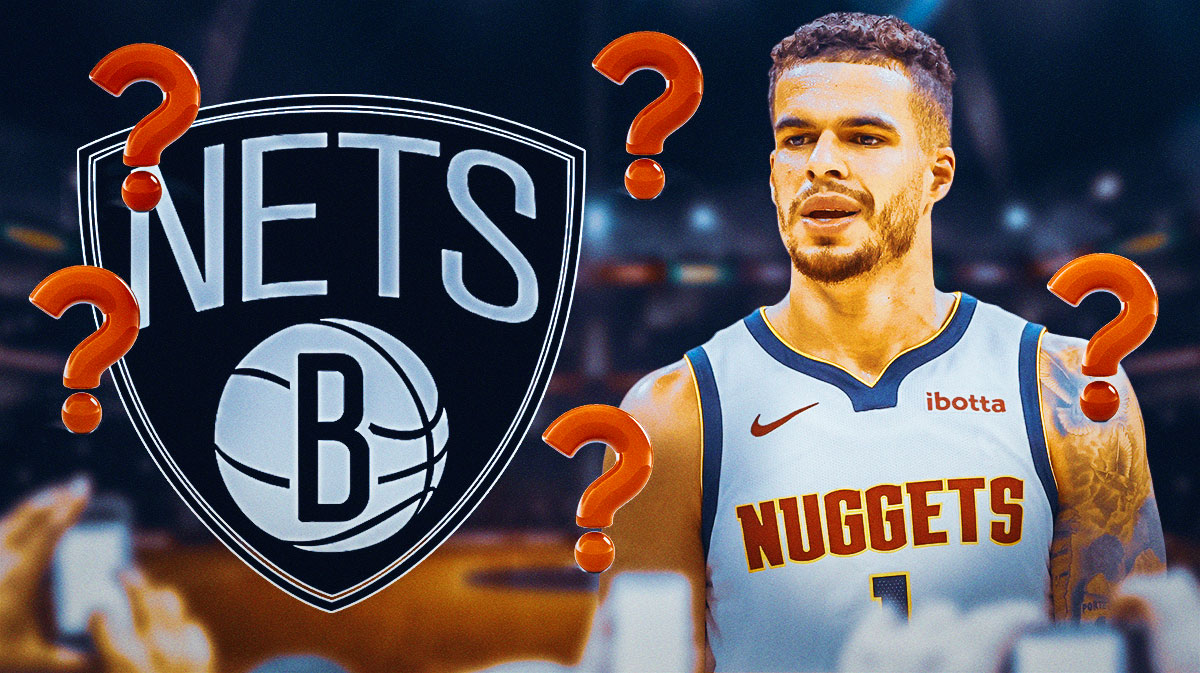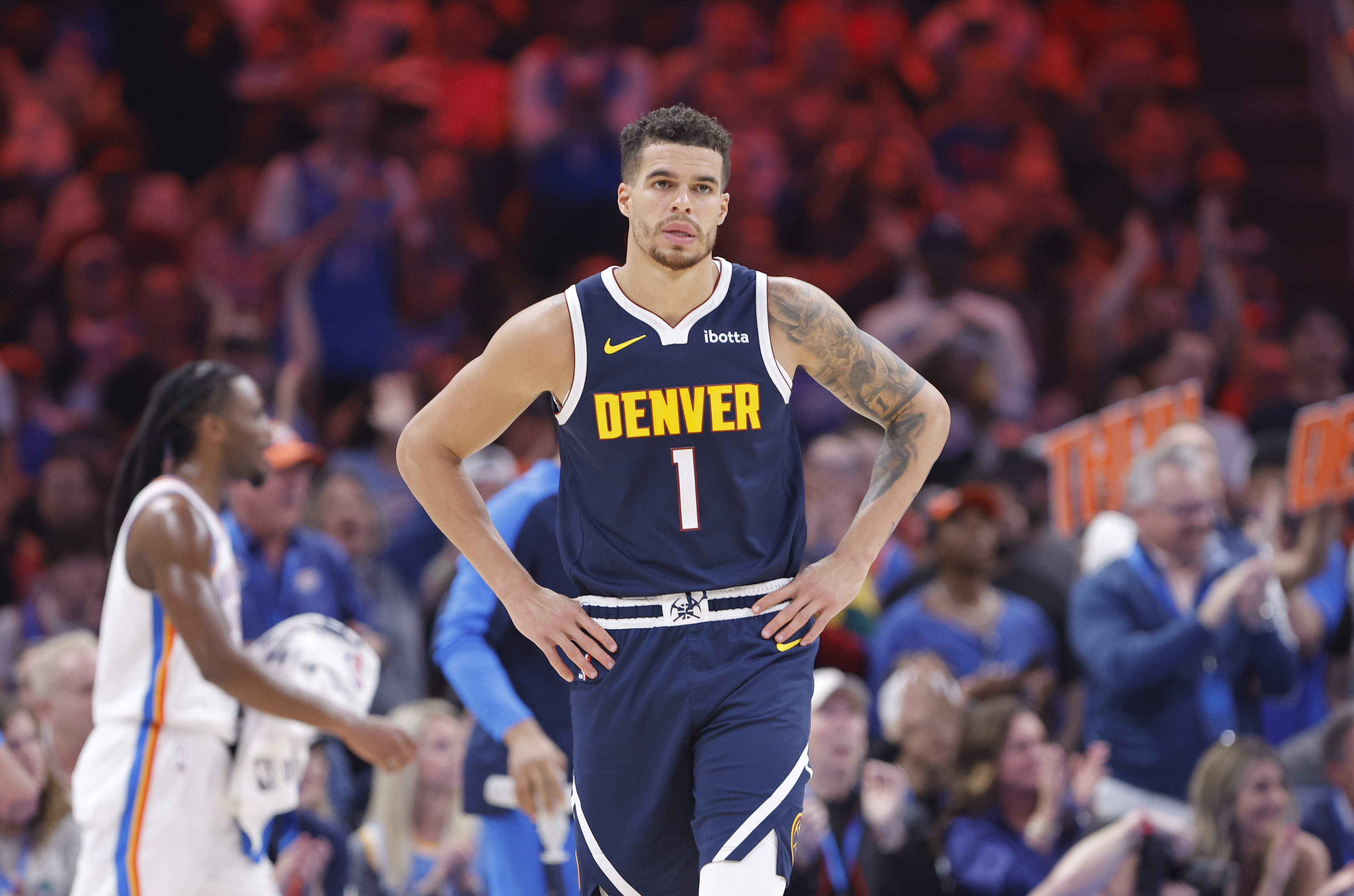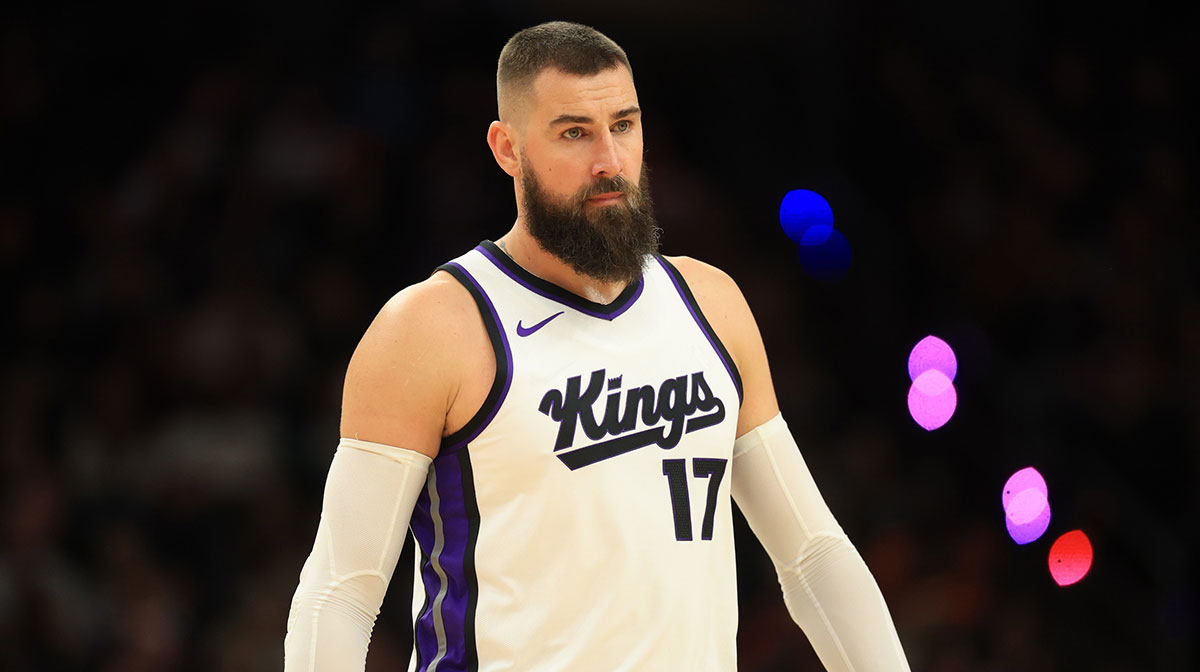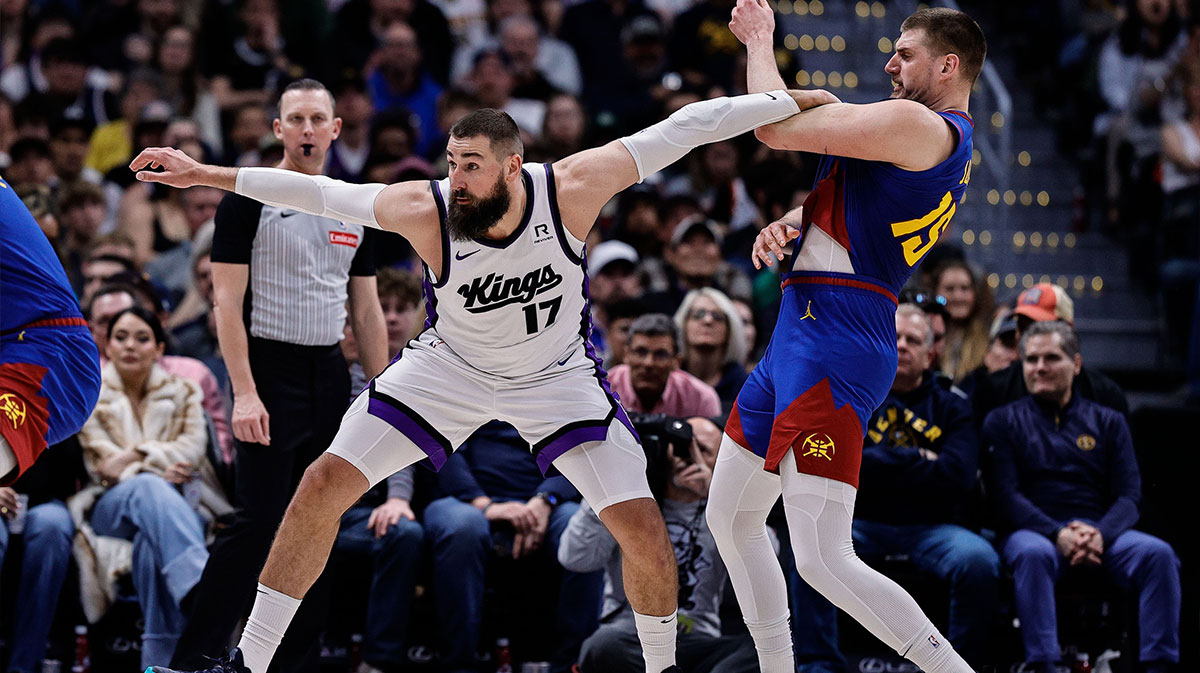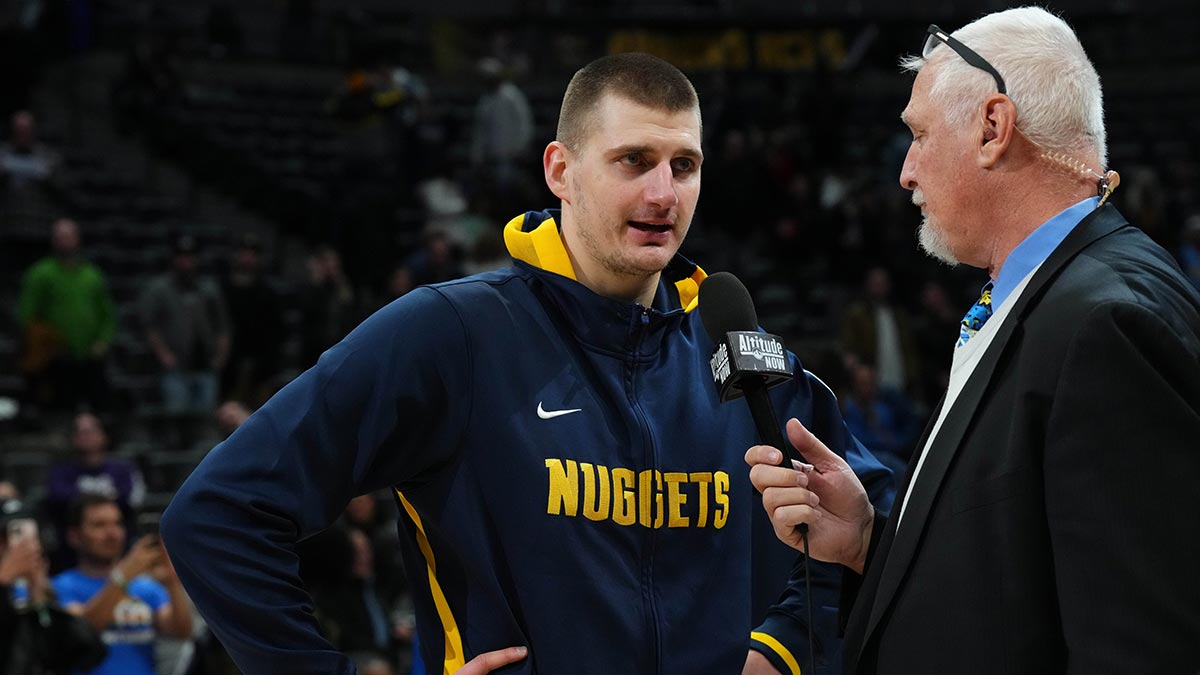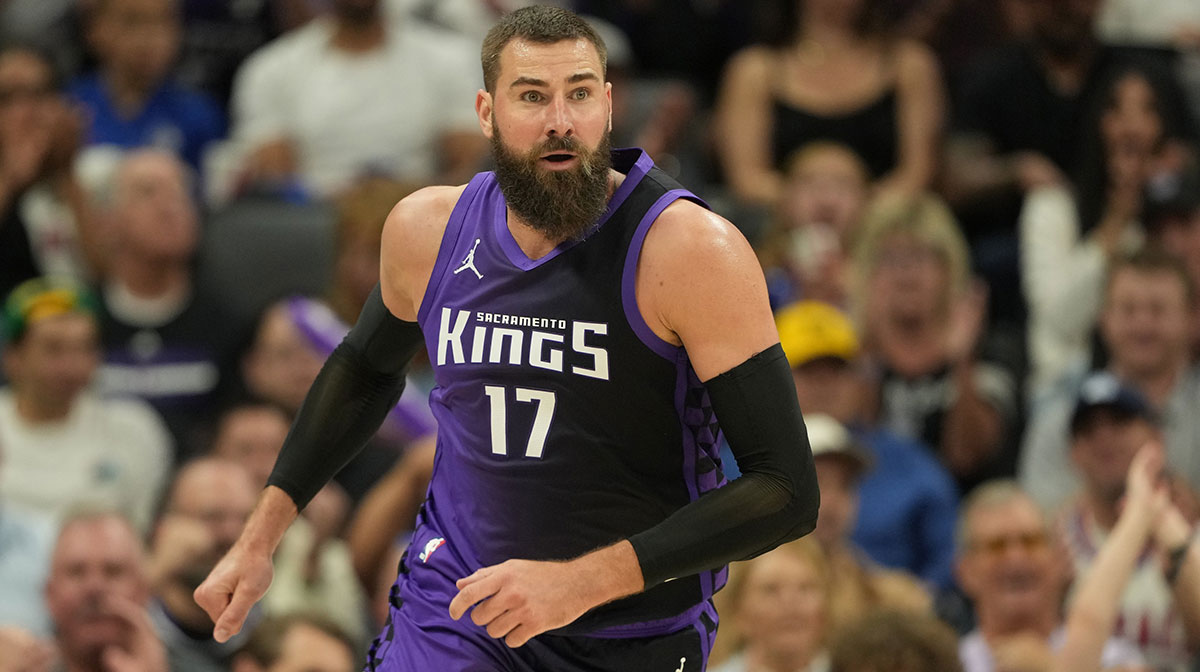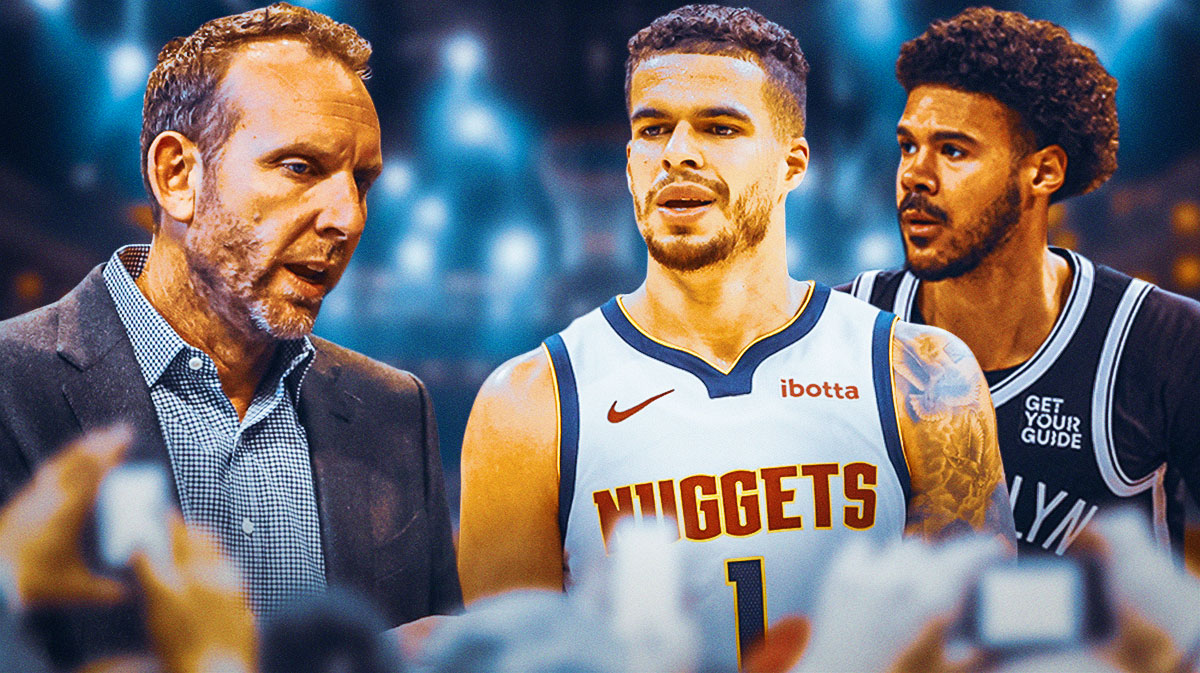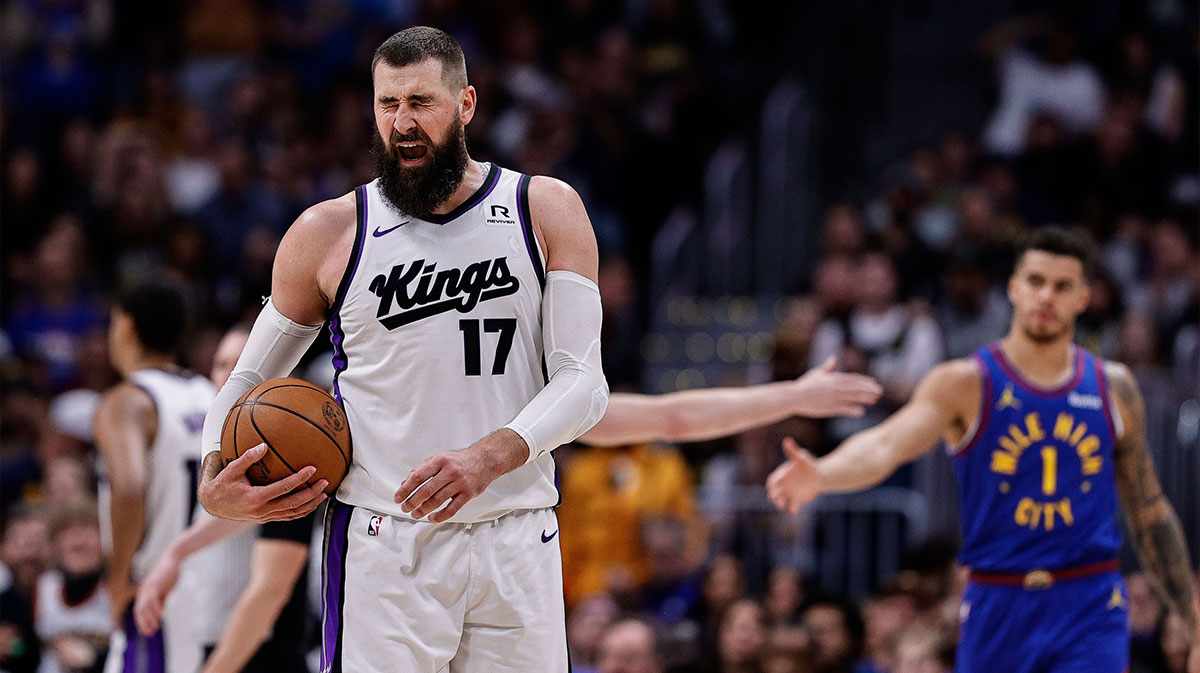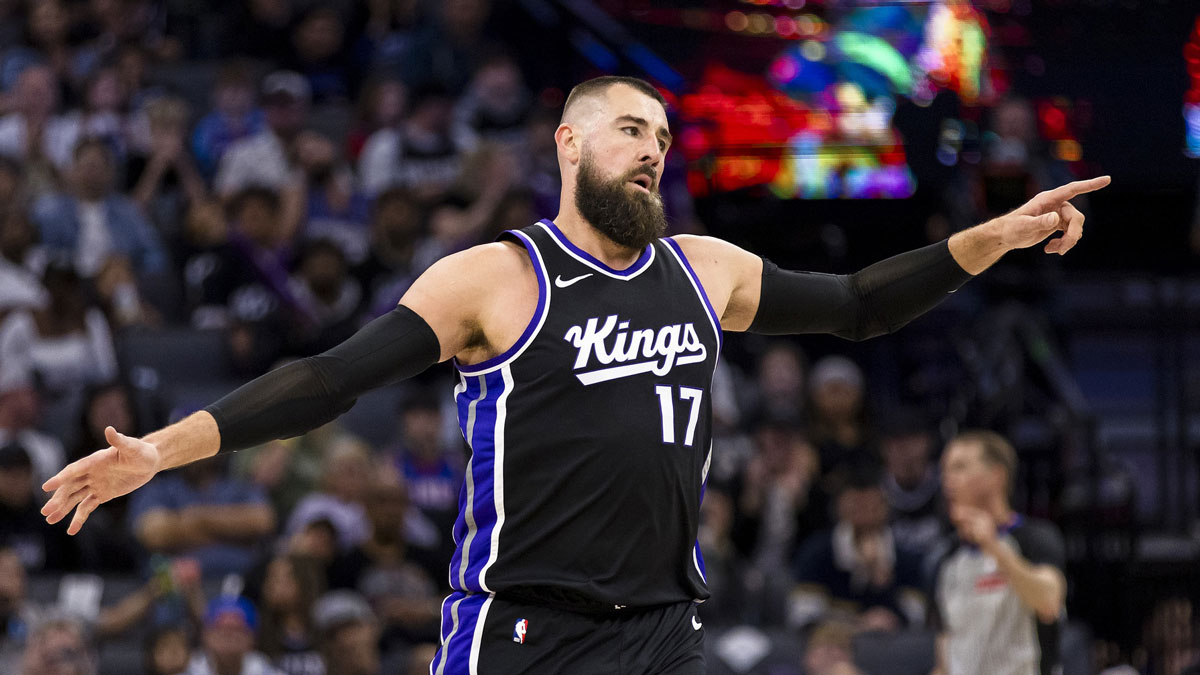Overall, the NBA and NBPA did a remarkable job setting up the bubble in Orlando that has kept the 2019-20 season going and, most importantly, kept Covid-19 out. However, when the players are not on the court, the monotony and insulated nature of the bubble can take a toll on the mental health of everybody inside — especially compared to the high-octane lifestyle of a pro hooper — something that Denver Nuggets guard Jamal Murray tackled recently as he brought up the issue of depression.
Murray cited Los Angeles Clippers forward Paul George's openness about the depressive effect of the bubble when describing the “mental health struggle” for the quarantined players.
“Paul George had said something about depression, about stress in the bubble, and it’s real,” Jamal Murray said. “It’s really real, and it’s hard to deal with — being away from the fam. … But for me, [basketball] is an addiction. I go by the pool, get my mind off basketball, come back, and get ready to go. When I put my addiction to basketball, it shows on the court. I go in for an extra lift. I lift twice (on game-days) — before shoot-around and before the game. I prepare myself mentally…There’s time when you’re like, ‘Man, I feel like I’m in jail sometimes.’”
The great irony of the bubble is that the more success a team has, the longer they are quarantined in Florida. Family members of players have been allowed on the campus since the beginning of the second round, but that can't completely mitigate the stress certain players may feel as they balance repetitive life in Disney World and high-stakes playoff games.
Jamal Murray is averaging 27.1 points per game in the 2019-20 playoffs. After a stellar Round 1 against the Utah Jazz (31.6 PPG), Murray was up-and-down (22.6 PPG) in the Nuggets' seven-game series victory over the Clippers in the conference semifinals, though he saved his best for last.
On Wednesday, Murray punctuated Denver's comeback with 40 points on 15-for-26 shooting in his team's 104-89 win.

